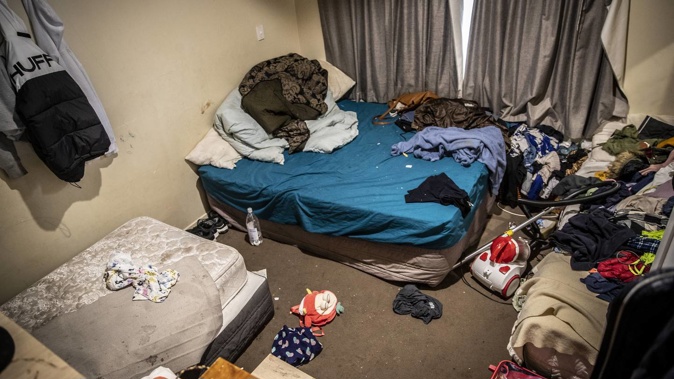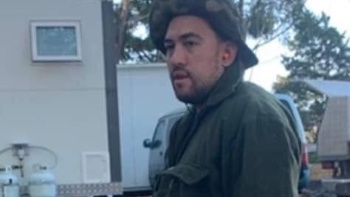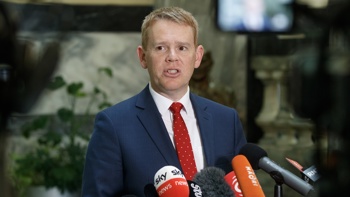
An overhaul of emergency housing has been announced by the Government, including minimum standards for motels and more generous housing grants for low-income renters.
Cabinet agreed today to 10 changes in response to a major review of the emergency housing sector, which is now costing around $1m a day.
The review, which has not been publicly released, was carried out by the Ministry of Social Development and the Ministry for Housing and Urban Development.
Housing Minister Megan Woods said it confirmed the increased need for emergency housing during a housing crisis, and that not enough homes had been built in the right places.
While Government had lifted public housing supply by 10,700 homes, and the number of people living in motels had fallen, emergency housing would still be needed until more affordable housing could be built, she said.
The National-led Government began funding emergency housing in 2016 after a review of the sector, beginning with a handful of motels. Since then, more than 2500 motels have housed tenants at a total cost of close to $1 billion.
As of October, 3621 households were in emergency housing (including 3300 children), down from a peak of nearly 5000 in late 2021.
Woods said it was never designed to be a long-term option.
“So it’s time to reset the system and improve how people enter emergency housing, how they are supported while there, ensure they have good quality accommodation, and increase support to help them exit,” she said.
Among the changes approved by Cabinet were quality standards for accommodation suppliers to make sure tenants had “a minimum standard of living conditions”.
- 'Spiralling poverty crisis': Nearly $70m spent on Rotorua's emergency housing
- $129k fence and security cameras: Locals take action to protect against homeless, hearing told
- 'We have been sacrificed': Rotorua residents tell of life around 'MSD Mile'
It is not clear what those standards will be and if motels will be as accountable as landlords for private residential properties.
The Government controversially removed emergency accommodation from the Residential Tenancies Act in 2020 out of concern that it could deter owners from housing vulnerable people.
Woods said the Government would also investigate increased supply of supported housing in Hamilton and Wellington.
“Like Rotorua, these cities have a low number of affordable houses and high numbers of people in emergency housing,” she said. This would include consultation with iwi, given the high representation of Maori in emergency housing.
Tenants and neighbours of Government-funded motels have also complained about anti-social behaviour.
In response, Minister for Social Development Carmel Sepuloni said today that a resolution framework would be created “for the small group of people with poor behaviour” in emergency housing.
Another key change will be linking people who seek support from Work and Income to appropriate housing, and supporting them through social services while they are there. Tenants have complained of being “forgotten” in motels, which often do not usually include the same social or healthcare support as public housing.
In a bid to prevent people from becoming homeless and needing emergency housing, grants would be expanded to help people stay in their private rentals or secure a rental home.
These grants could assist with bond, advance rent or rent arrears. They would be available from next year and could be accessed by beneficiaries, pensioners and lower-income workers.
The housing support grants have been available since 2014 but have been expanded to broader group, increased and were able to be accessed more often to match changes in the housing market.
“This is a significant change from the existing programmes, which have inflexible hard limits and often don’t meet the needs of people, meaning they can’t get into or end up having to leave private rentals they could otherwise have afforded to stay in with a little financial support,” Sepuloni said.
The changes would be paid for with funding approved in this year’s Budget, from a pool of nearly $400m.
Take your Radio, Podcasts and Music with you









